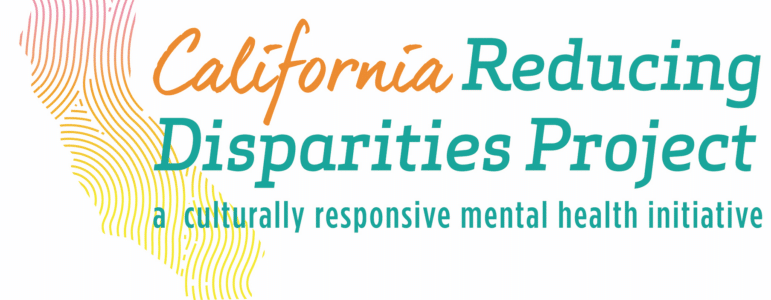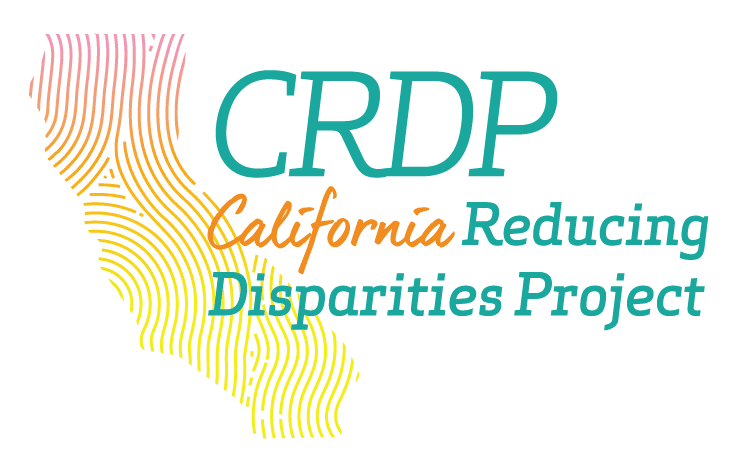About Us
Our Purpose
Improving Health Care Access and Quality for All
The UC Davis Center for Reducing Health Disparities (CRHD) takes a multidisciplinary, collaborative approach to the inequities in health access and quality of care. This includes a comprehensive program for research, education and teaching, and community outreach and information dissemination. The center builds on UC Davis’ long history of reaching out to the most vulnerable, underserved populations in the region. A comprehensive medical interpretive services program helps overcome limitations in access for those who don’t speak English. Its regional telehealth network provides a high-tech link between UC Davis physicians and smaller clinics around the state that cannot afford to maintain medical specialists on staff. The center represents a major commitment to addressing community needs that goes well beyond the traditional service role of an academic medical center. It is a program designed not only to raise awareness and conduct critical research, but also intended to actually assist those communities whose needs have never been addressed and met by the traditional health-care system. The center’s wide-ranging focus on health disparities includes an emphasis on improving access, detection and treatment of mental health problems within the primary care setting. It will also focus efforts on achieving better understanding into the co-morbidity of chronic illnesses such as diabetes, hypertension, pain conditions, and cancer with depression.
Mission
CRHD Strategic Direction
1. Engaging in innovative research leading to intervention development and cultural tailoring of state-of-the art interventions for system change
2. Facilitating development, implementation, replication, and dissemination of evidenced-based practices, practice-based evidence, and community-defined evidence within underserved communities
3. Developing effective outreach and engagement models for specific communities to increase access to and utilization of health services
4. Focusing on solutions to improving individual and community/population health outcomes
Core Components
Community Outreach and Engagement
To build more awareness about access and quality of care issues within ethnically diverse populations.
Research
To advance innovative investigations that help a better understanding about the causes and consequences arising from disparities in health care.
Education and Mentoring
To expand opportunities for minority health and research training through a rigorous mentoring program in applied health disparities research.
Training
To help leaders develop comprehensive strategies to improve their quality of culturally and linguistically appropriate services.
Partnerships and Collaboration
To strengthen or establish collaborations with community-based organizations and other groups that will help increase organizational capacity.
Our Team
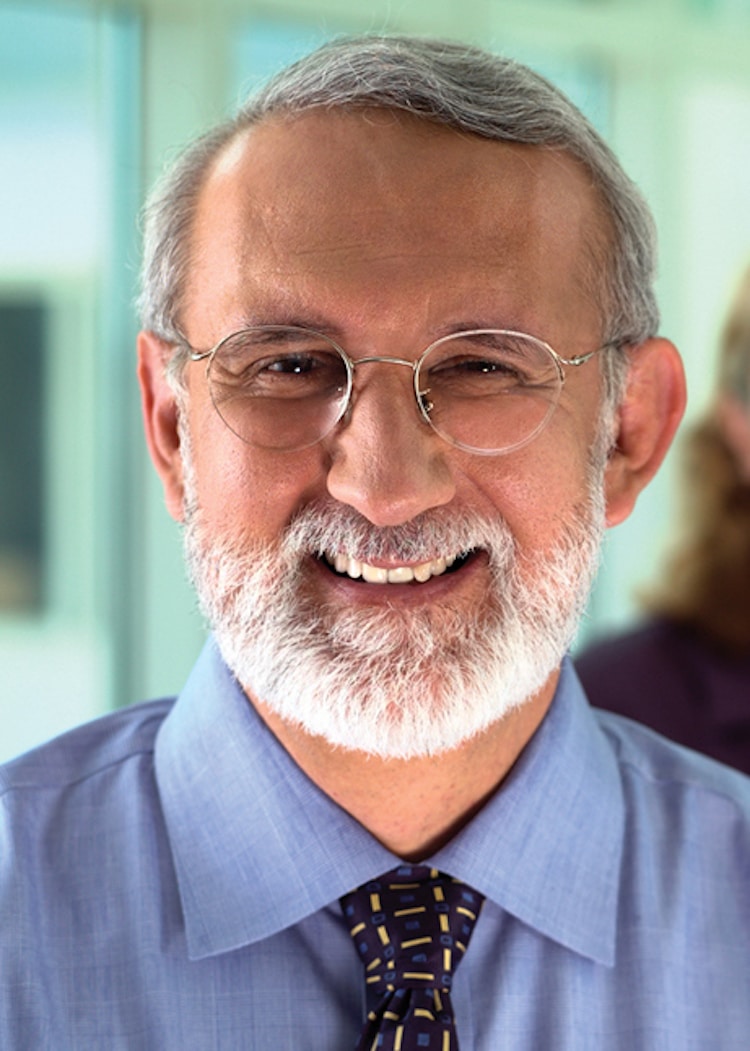
Sergio Aguilar-Gaxiola, MD, PhD
Dr. Aguilar-Gaxiola’s applied research program has focused on identifying unmet mental health needs and associated risk and protective factors to better understand and meet population mental health needs and achieve equity in health and mental health disparities in underserved populations. He is also very active translating health, mental health and substance abuse research knowledge into practical information that is of public health value to consumers and their families, health providers, service administrators, and policy makers. Dr. Aguilar-Gaxiola is the author of over 180 scientific publications. He is the recipient of multiple awards. Dr. Aguilar-Gaxiola is currently serving as co-chair of the Steering Committee of the National Academy of Medicine (NAM) Assessing Meaningful Community Engagement in Health and Health Care, a project of the NAM Leadership Consortium and the Robert Wood Johnson Foundation.
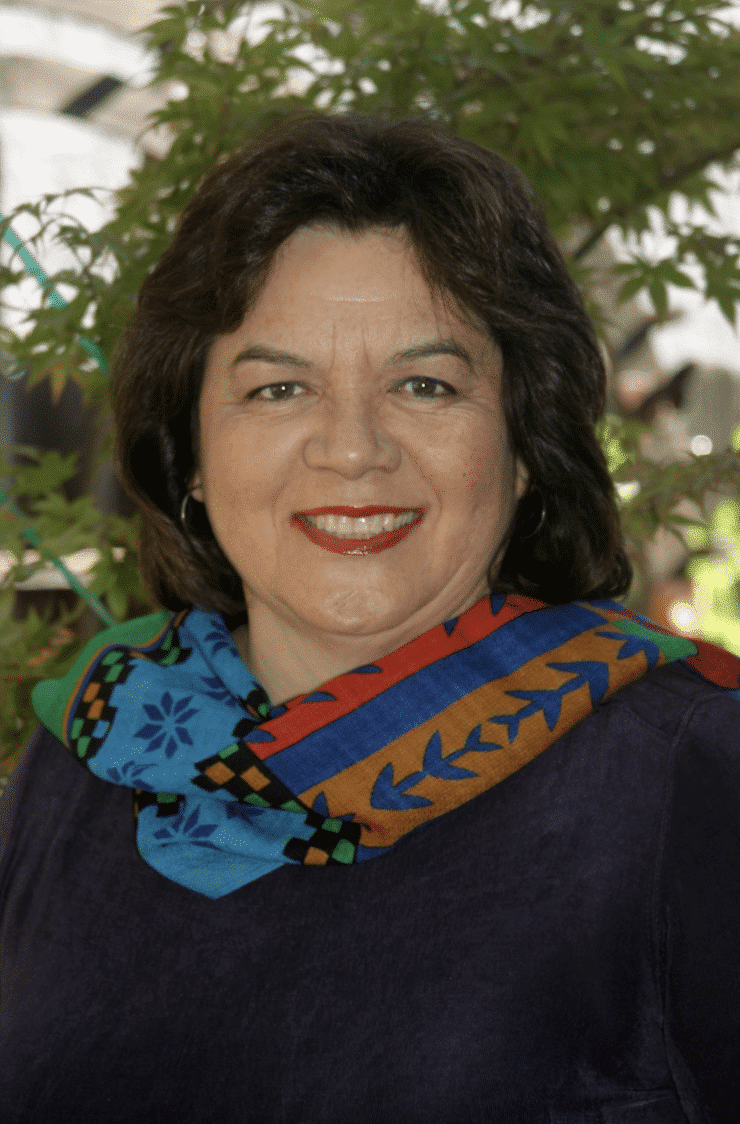
Rachel G. Guerrero, LCSW
She currently managers her own consulting and training practice, Guerrero Consulting in Sacramento, CA. She continues in her commitment for social justice for underserved and un-served communities. In 2016 she began work with UC Davis, Center for Reducing Health Disparities, Latino Technical Assistance team as a consultant to the California Reducing Disparities Project. Ms. Guerrero’s social justice leadership efforts have been recognized with many state and national awards.

Heather Diaz, DrPH, MPH
Since 2006, Dr. Diaz has been involved in over 20 community health needs assessments (CHNA) directed at identifying unmet health needs of diverse communities stretching from the San Francisco Bay to San Joaquin County to the California/Oregon border. These assessments combine both quantitative and qualitative approaches to identify unmet community health needs and specific populations experiencing health disparities. These assessments assist in targeting Community Benefit funding by area hospital systems to improve population health at the local level. Dr. Diaz has served as a special public health consultant to Sutter Health Systems, Kaiser Permanente, Dignity Health, San Joaquin County Public Health, Solano County Public Health and UC Davis Health Systems since 2007 on the development of the CHNAs and the direction of the resulting community based improvement plans. In 2013, Dr. Diaz was the lead grant writer on the Community Transformation Grant funding, granted to Sierra Health Foundation, which aimed at improving the lives of diverse populations in the greater Sacramento County area. This funding has led to large shifts in collaboration among area local CBOs serving diverse communities and other health initiatives. Dr. Diaz has extensive experience as an evaluator, including teaching program evaluation at both the graduate and undergraduate levels. In addition to serving as the principal investigator of various community based programs (responsible for the evaluation of the programs), she has also served as an evaluation consultant to local health systems since 2005 (Dignity Health, Sutter Health and Kaiser Permanente). Dr. Diaz has provided many special trainings and workshops on evaluation for agencies working with diverse communities. In 2013, she served as a presenter/trainer to the UC Davis Center for Reducing Health Disparities providing a presentation on program evaluation to CBOs working with Latino communities. In addition, Merced County Department of Public Health, Sutter Health System and various local CBOs have participated in evaluation training under her direction. Current projects include working with the Sutter Health System Regional office of Northern California to assist in the development of a training module for all Community Benefit staff on the evaluation of community based implementation plans. In June 2015, Dr. Diaz served as a special evaluation consultant to the California Department of Public Health on the evaluation of the Teen Dating Violence Pilot Project assisting with the final analysis and presentation of a mixed methods evaluation approach using case study analysis. Currently, she serves as an evaluation consultant on the Technical Assistance Team from the Center for Reducing Health Disparities, as a part of the California Reducing Disparities Project.
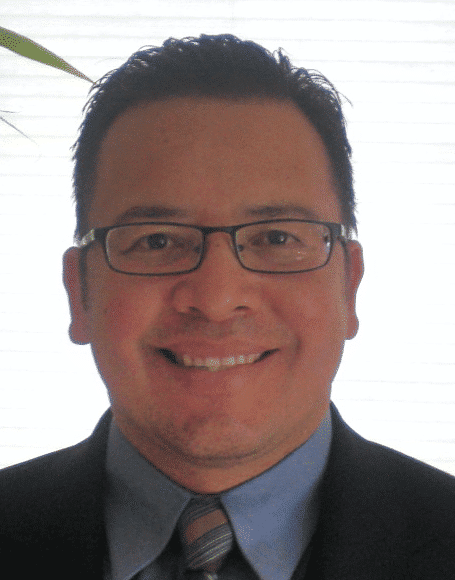
Gustavo Loera
Dr. Loera is also working with high schools and their districts across the state to implement a prevention and early intervention model to address students’ and their families’ mental wellness and ensure their full participation in school and community life. This work also builds on the increasing importance of a diverse health and mental health workforce as a critical factor in closing the treatment gap and improving access, availability, appropriateness, and advocacy to quality health care. Dr. Loera is currently helping with statewide efforts to reduce mental health disparities as a consultant with the UC Davis Center for Reducing Health Disparities using a comprehensive community engagement approach to increase participation of underserved populations in mental health treatment.
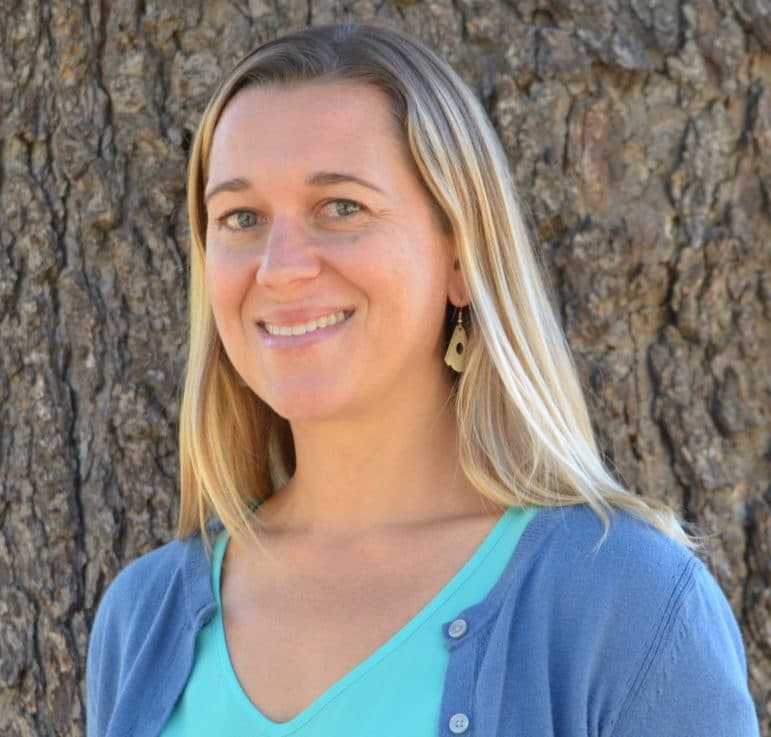
Cassie Chandler
Cassie has over 15 years of experience working in global health and community development. For more than 10 years, Cassie worked for international NGO Freedom from Hunger, now Grameen Foundation, to improve the lives and well-being of marginalized, rural populations—primarily women—in developing countries. In her most recent position as Health Director, Cassie led the organization’s integrated health strategy and technical assistance for programs in Africa, Asia and Latin America. Cassie has managed projects and collaborated with a number of diverse stakeholders in West Africa, South America, India and the Philippines. Prior to joining Freedom from Hunger, Cassie worked with the Latino Health Access Network in New Orleans and with organizations in Mexico and Kenya on microfinance and HIV & AIDS projects. She served as a Peace Corps volunteer in Honduras, focusing on maternal and child health. Cassie holds an MPH from Tulane University's School of Public Health and Tropical Medicine and a Bachelor’s degree from the University of Washington. Cassie currently serves on the board of directors for Puente a la Salud Comunitaria, a non-profit organization based in Oaxaca, Mexico.
Contact Us
Principal contact persons
Sergio Aguilar-Gaxiola, CRHD Director and Principal Investigador
aguilargaxiola@ucdavis.edu
Andrea Nuñez, CRHD Chief Administrative Officer
acnunez@ucdavis.edu
Cassie Chandler, Senior Project Manager
clchandler@ucdavis.edu
general contact
Website: https://health.ucdavis.edu/crhd/
Address: 2921 Stockton Blvd, Suite 1408, Sacramento, CA 95817
Phone: 916-703-9211
Social Media
Facebook Twitter
